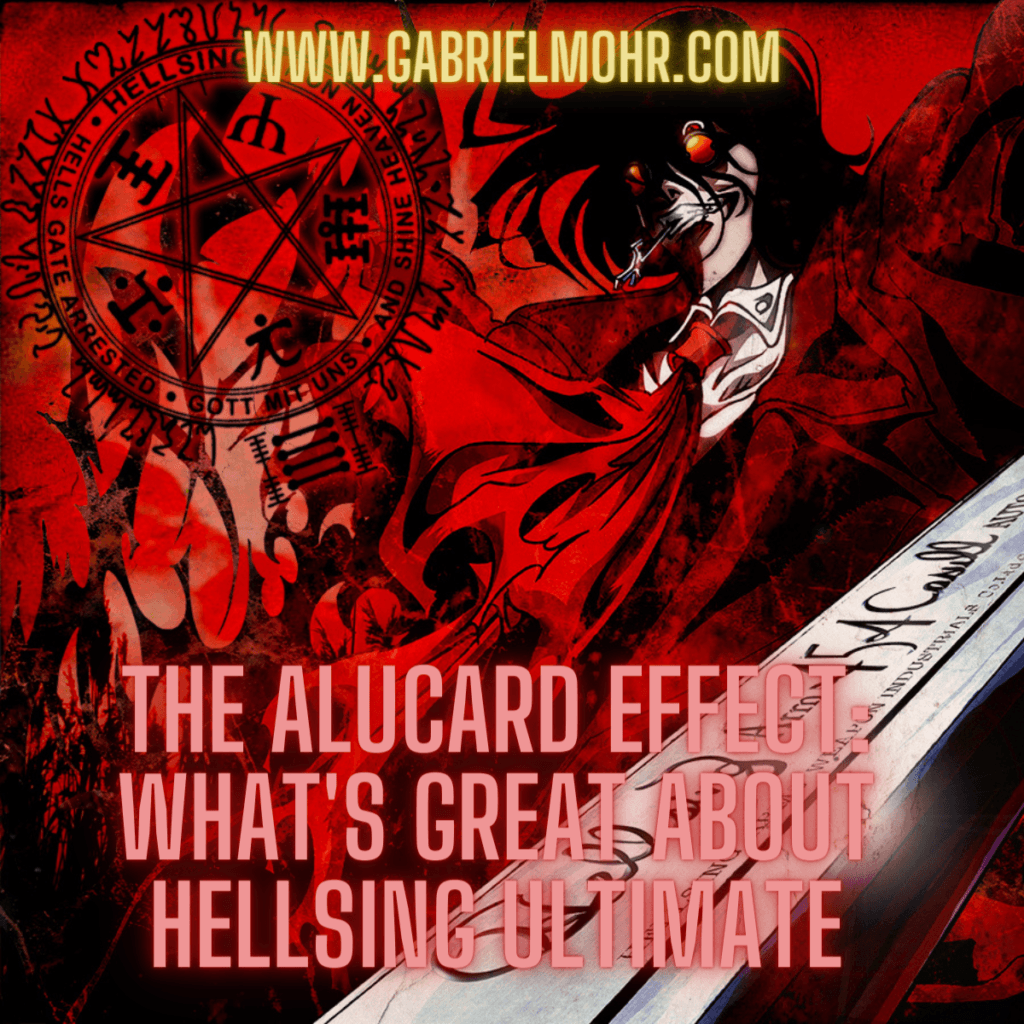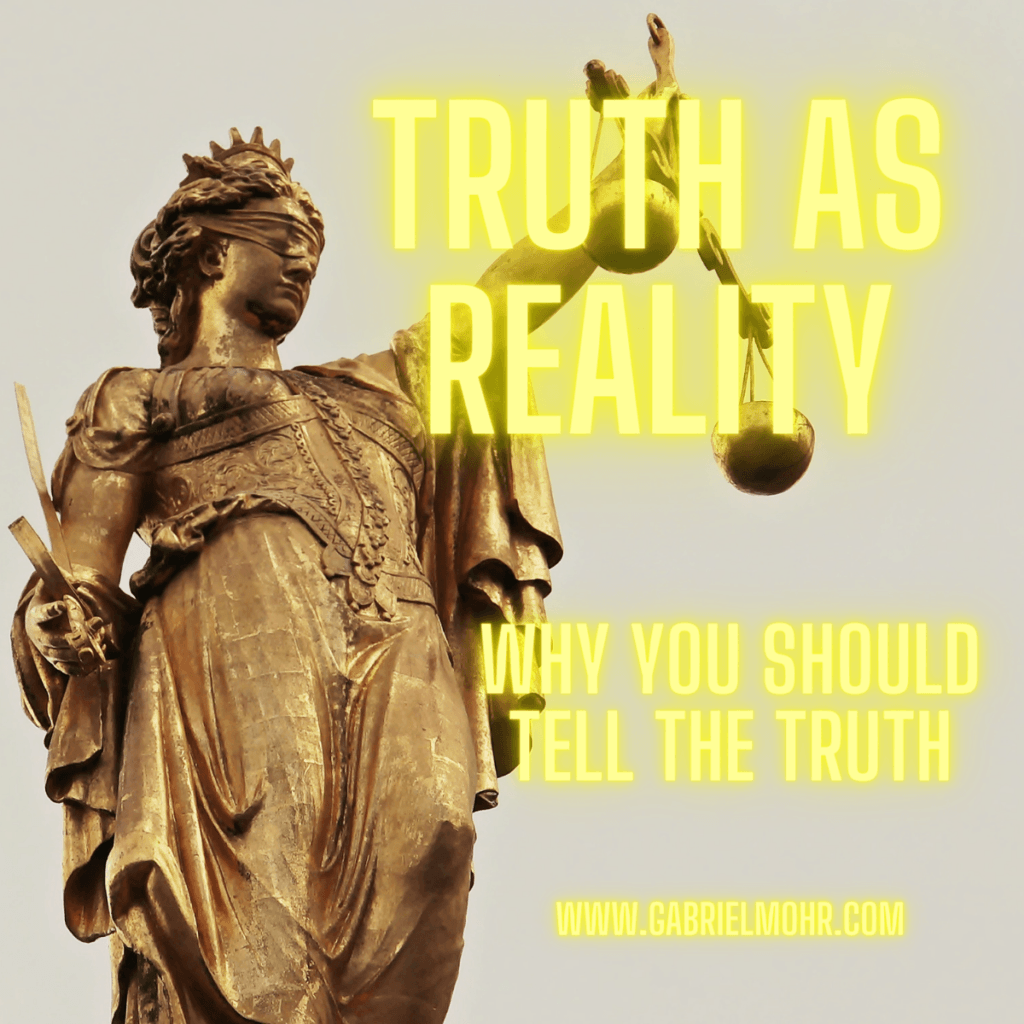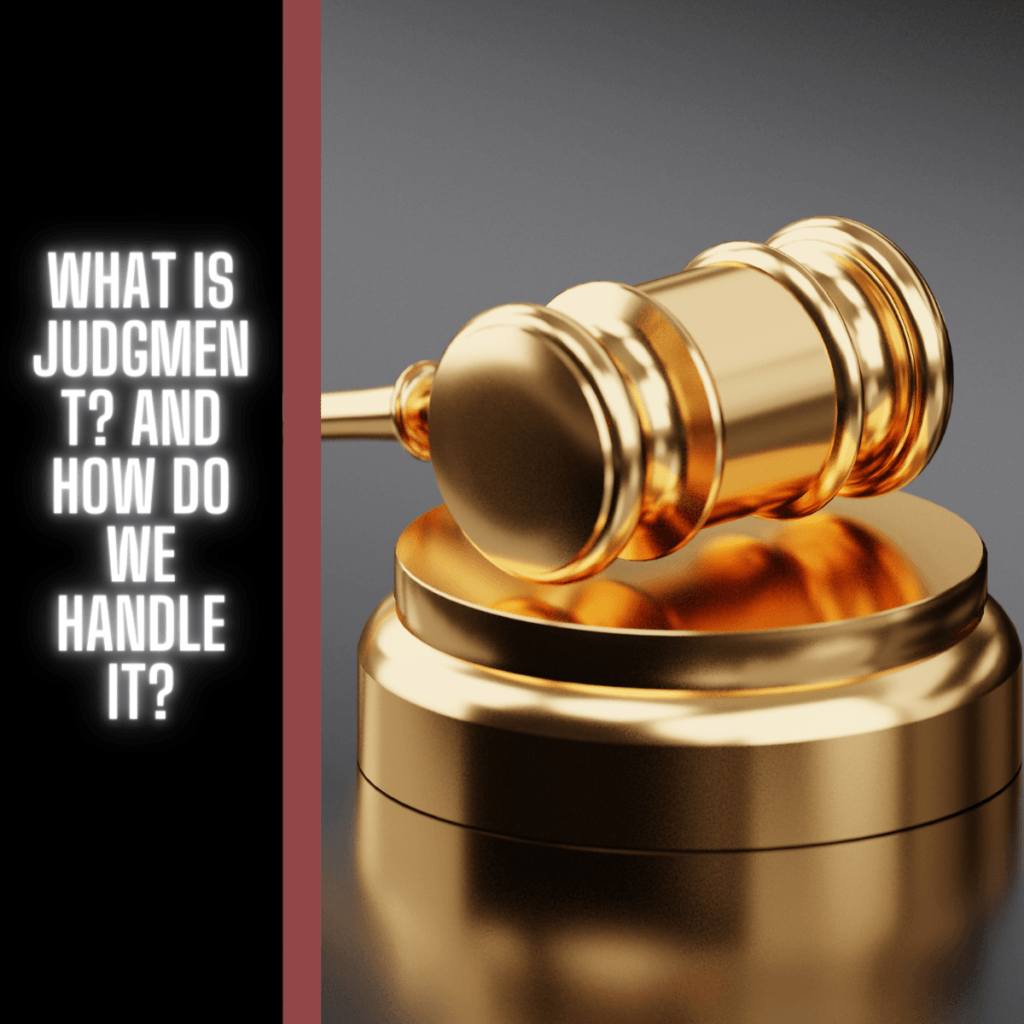
Quick Facts
-An act is corrupt if it is purely selfish and detrimental to wellbeing at the same time!
-We can notice any corruption within ourselves, disidentify from it, and thereby take away its power!
-We can notice the nature of corruption in other people, and we can avoid them, help set them on the right path, or both.
Intro
Humans can become corrupt, even if we start out with the best of intentions! But why? And if we become corrupt, how can we reverse it and become pure again? Is it even possible?
Understanding how we become corrupt is definitely part of the prevention, and can even be part of the cure. And, if we can prevent ourselves from becoming corrupt (even in the face of total corruption) and/or become pure while being corrupt, our wellbeing and consciousness will skyrocket through the roof! So, let’s get started.
Corruption Compared With Purity
On the metaphysical level, an act is only considered corrupt if it meets two criteria at the same time:
- It is done out of self-interest.
- It is destructive to other living things.
If an act is destructive but done out of genuine concern for others, then it isn’t corrupt. However, if a boss yells at their employee else because they want them to obey, the act is corrupt; it is done out of self-interest, and it is destructive to their mental wellbeing.
Candy bar companies, manufactured food in general. Every time we buy a candy bar a portion of the proceeds goes to the big man, and since the candy bar is harmful to our bodies the company is considered corrupt.
On an abstract level, companies who sell products that are bad for our minds (such as fake guru courses and classes), advertisers who market detrimental products, etc are still corrupt since their product isn’t good for our mental health.
Purity, on the other hand, isn’t necessarily the absence of selfish intentions and actions – if we take selfishness all the way we’ll soon discover that the wellbeing of others indirectly translates into wellbeing for ourselves! No, a pure act can be explained as an act that is regenerative to life and wellbeing! This is why love is considered to be pure, an act made from love is an act that’s regenerative on one or more levels.
Ironically, purity and corruption can intermingle into the same action. For example, a genuine act of love can be someone baking cookies for you; the act is regenerative on the metaphysical level, but degenerative on the physical level. Or, having the intention to love our partner but treating them with anger instead.
There are some people who genuinely don’t care if they’re corrupt, and in some cases, they attempt to be corrupt. Ultimately, if we have a desire to be corrupt it’s best to have healthy outlets for what would otherwise be detrimental actions, and having as much purity within our being as possible is one of the best ways to live a healthy and fulfilled life.
Reasons People Become and Stay Corrupt
Okay, some people become and stay corrupt over a long period of time. Why is this?
One of the main reasons is because they have a strong sense of survival, but little to nothing else (morality, good values, high IQ/EQ, quality influence in their lives, etc). The ID in some individuals is over-developed while everything else is under-developed, so they don’t mind screwing other people over – literally! It’s not even on their mind, they don’t know and/or care that they’re doing it!
Some (I’d even say most) people start out as pure people and, gradually, become traumatized and poorly influenced over time. Some of us, though, are so traumatized, manipulated, and warped by the wrong people that they become corrupt – permanently. There’s little hope for these kinds of people because, unfortunately, corruption is all they know, and it’s all they care to know (when presented with better options).
Some of us consciously choose to do corrupt things for one reason or another. Living a pure life can be very difficult in a world of traumatized and corrupt people, and the temptation to fall to the dark side is great. In fact, it’s so great that many people do, even though they have the best of intentions.
And, some of us have always been genuinely scared from the beginning. Many women are like this, I see many many young women who are already anxious and already afraid of the world before they even experience their teenage years, and it saddens me to the core. However, if we feel scared and threatened we’ll often perform corrupt acts, especially if we grow up/live without a positive value/belief system, or any intention to inform ourselves once we know better.
I feel it’s important to create this list since many of us, even if we are not corrupt by nature, have some corruption within us. Noticing it’s there and knowing how it got there is extremely helpful in healthily integrating our corrupt desires into our lives, and ultimately, disidentifying from the need to hold on to these desires.
The Ramifications of Corruption
Corrupt actions often have ramifications, but I don’t think the full impact of these actions hits us very often.
For example, let’s say we buy a bag of ordinary chips at the grocery store. Chips are pretty terrible for us since they’re processed, fried in oil, and covered with all kinds of salt. We eat them and they’re harmful to our bodies (especially our gut) and they’re in plastic bags. So, every time we buy a bag of chips we’re silently telling our grocery store(s) and chip companies that we love tasty-but-degenerative food wrapped in a substance that can only be made by harming the earth.
Does it sound like I’m going too far? I would be… If only one person were doing this. The reality is that millions and millions of us are buying food products like this every single day. I would be, except the cumulative effect is so large I don’t care to calculate it.
But it’s not just the consumer’s fault – let’s say you’re an owner of a chip company or a cookie company. You don’t care or aren’t aware of just how much harm you’re doing to people because you’re either too busy working your butt off or you’re too busy taking a vacation to the Bahamas. They like their money and power and they’ll genuinely do everything they can to keep it!
Okay, enough about chips – let’s turn to emotions. Let’s say someone yells at someone else because they won’t get out of their way in a parking lot. What they’re essentially doing is they’re saying, “I’m worth more than you, so move or else suffer the consequences!” That’s going to hurt many people, and most of us internalize this hurt since a large part of many societies is centered around emotional suppression, and since emotional suppression doesn’t make the emotion(s) go away the people who harbor them act them out… Subconsciously. Then they begin yelling in a few years. And the cycle continues.
That’s a mild example when compared to larger suppressive entities like the government. Most governments would absolutely love their “subjects” to be 100% subordinate to them, and most of them strive to have such a power. This makes them one of if not the most powerfully corrupt kind of entity on the planet. Here in America, we have power over these people if we choose to band together and give our demands, but for now, I wish to note that their actions butterfly across the entirety of society, and not in a good way!
Need proof? Go to your grocery store and look around you. Look for people who are slouching, people who are insecure, people who are predatory, people who are scared. I guarantee you they’ve all been internalizing the corrupt actions that were/are performed against them, and that they’re silently acting out corruption themselves. It’s easy to say that it’s a grim time to be living in.
How To Counter All Of It
But of course, there’s a solution! In this case, multiple solutions.
The first solution is a “this may work, and if it does you’ll be glad you tried it” kind of solution. If you ask yourself, “what do I consider to be corruption?” and it turns out what you subconsciously consider to be corruption isn’t genuinely corrupt, then your perspective changes for the better.
The second is to find the genuinely corrupt desires within your own psyche and disidentify from them. Finding them is as simple as asking and answering the question, “what are my deepest, darkest desires?” and writing them down. Disidentifying from them is as simple as saying, “I choose to disidentify from this desire. I choose to stop needing to have this desire. I choose to disidentify from the belief that XYZ is true.” Perhaps this part takes repetition, and perhaps it does not! But the beauty about disidentifying from a corrupt desire is that you don’t have to push it away – you can face it if you want to. You can face it, figure out why it’s there, feel the emotion and release it, learn from it, etc… You can also say, “I choose to no longer have this desire.”
When we do this for all of our corrupt desires we have essentially changed ourselves for the better! That’s good enough on its own, and when all of us do this, we live a glorious life indeed!
The third (and least recommended) solution is to pinpoint the most corrupt people in society (within reason) and force them out of their positions of power. We can assign them to a task that benefits us but doesn’t leave them in a position of power. Yes, we have the power to do this – the more our numbers the more unstoppable we are!
Final Thoughts
I have heard some say, “the universe is simply a balance of light and dark, corruption and purity.” While it may be meaningful to live out this belief and balance the light and darkness within ourselves it’s still a belief that can be disidentified from and transcended. When it is, a state is reached that is enlightened from such a game, a state I personally prefer to the state produced by the belief itself.
It is possible to root out the corruption in our species if we get into the habit of ingesting psychedelics on a regular basis, particularly magic mushrooms. If we incorporate them into our diet as if they were just another food (with a tad more caution, in my opinion) we’d be very much better off in every way imaginable! 🙂
Conclusion
Thank you so much for reading my article! I am truly grateful for your presence and I’ll see you in the next one 🙂



